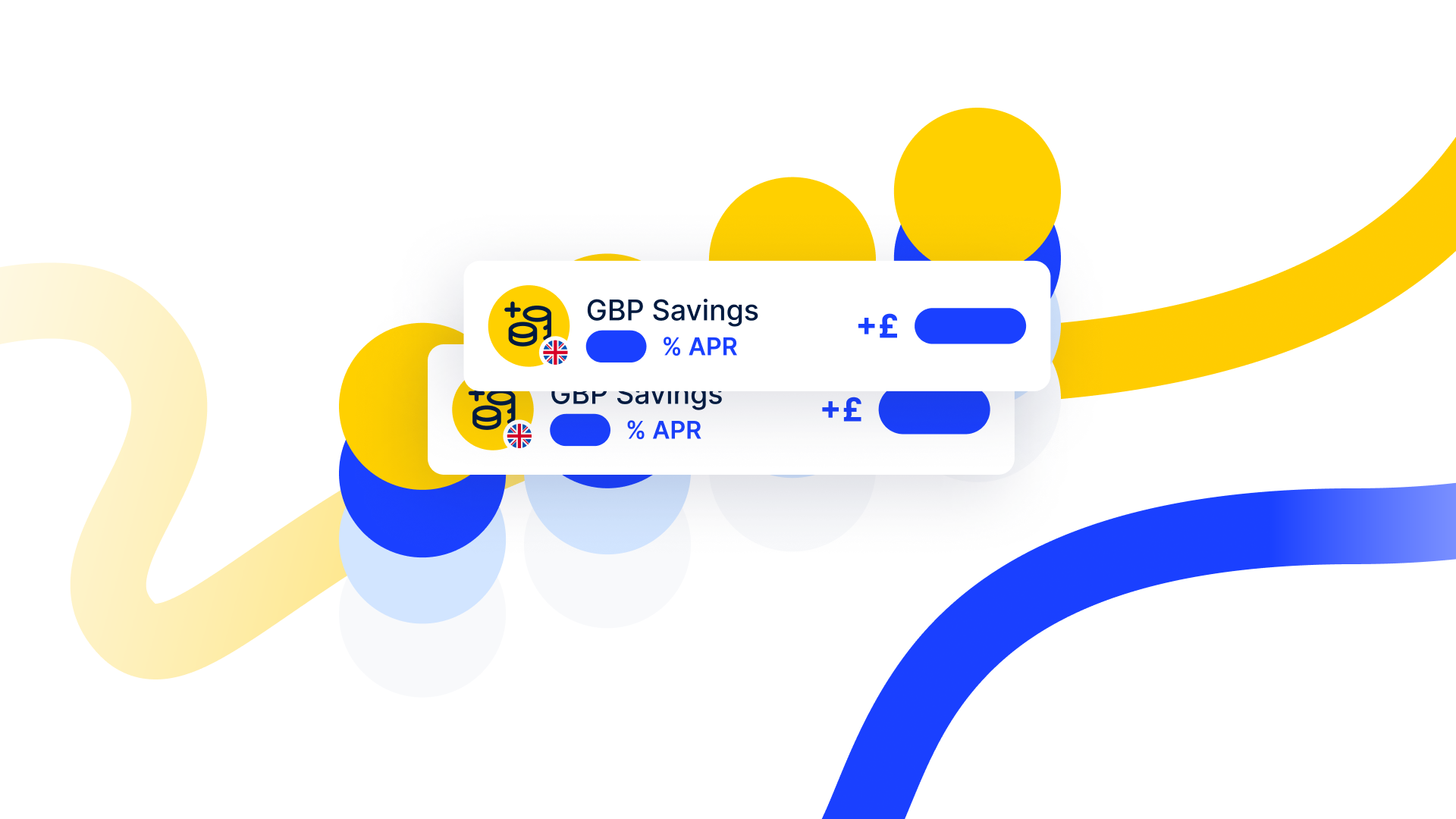Recent articles
-

TransferGo teams up with Griffin for GBP wallets and savings as it launches multi-currency business accounts
4 min read -

Revolut Business Account Review: A detailed guide
9 min read -

How to streamline automotive business payments with TransferGo
7 min read -

How TransferGo helps you pay international employees quickly and securely
8 min read -

Is Skrill Business safe for businesses?
12 min read -

How to manage business expenses with TransferGo’s international payment solutions
11 min read
Popular articles
Invite friends to TransferGo, earn £20



















